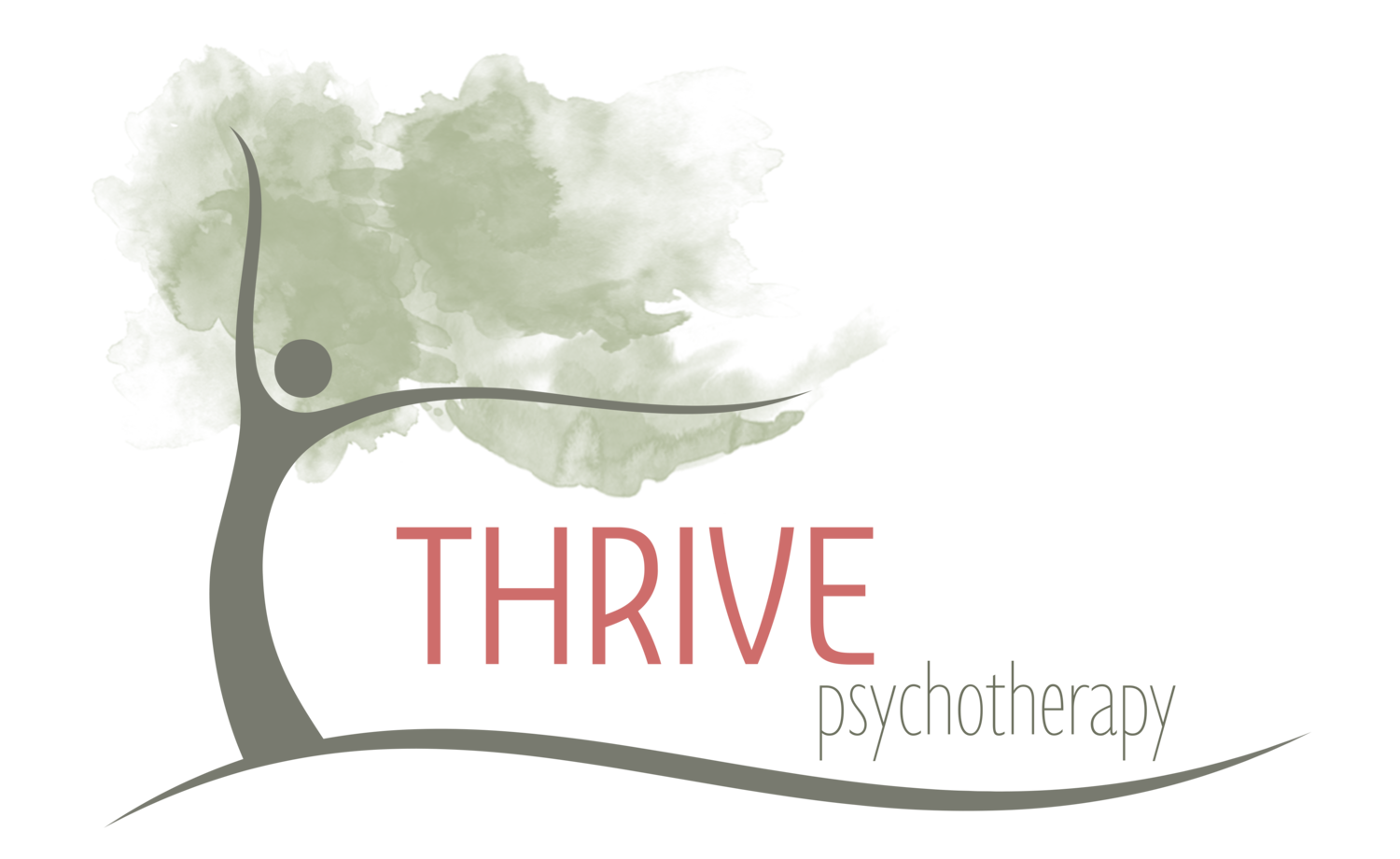What to do After a Shooting: Advice from a Trauma Therapist
We live in a time where mass shootings have become commonplace. We all share the trauma of a shooting – the random happenings mean that we all feel like potential victims. The repetition of a shooting in video, online discussion, and media commentary means that everyone is at risk for becoming vicariously traumatized.
What is Vicarious Traumatization?
Vicarious traumatization refers to the pain that we experience when we see something terrible happening to someone else. This means that we can feel the effects of trauma even when we are not in immediate danger. If you’ve experienced trauma in the past including accidents, domestic violence, war, or being chronically oppressed or invalidated, viewing coverage of shootings can trigger intense emotions including feeling frozen, helpless, or fearful. Even those who don't feel intense emotional symptoms can still experience pain and stress. These are normal reactions when your body and mind fear for their safety. They are coping mechanisms that are intended to keep you safe but, if left unchecked, can cause distress.
Resilience Following Terror
The pain felt in our country due to repeated acts of senseless violence is undeniable. The losses, however, do not have to be meaningless. As a New Yorker, I remember the incredible heroism and outpouring of support in New York City following 9/11. Although we all witnessed something terrible, we also witnessed humanity's power to unite and sacrifice for the greater good. We saw first responders risk their own safety in the hopes of finding survivors. Many of us saw small acts of kindness to friends and strangers alike. Even something as simple as asking someone if everyone they knew was all right was felt as a deep expression of empathy and concern. Perpetuating this kindness is essential. If you are feeling overwhelmed by what you have seen on the news lately, consider redirecting your attention to help others. This may be asking an affected friend how they are coping, donating to refugee efforts, or volunteering your time with a worthy cause. It can be a powerful experience to channel fear and helplessness into something meaningful that benefits others in need.
Do Something
The more active your coping skills are following a shooting, the less likely you are to be traumatized. There is extensive research to show that if you can be involved in helping others and making meaning of trauma that you are less likely to suffer trauma symptoms like panic and chronic fearfulness.
Find what works for you, not everything will be a good coping skill for everyone. Here are some ideas:
- Think of all the good that people do. Remind yourself of people who inspire and move you. Think about people who have done brave, selfless acts.
- Get involved! Volunteer in your community and protest, if you want. Start or sign a petition, contact your senators, and donate money to causes you care about. Write an OpEd or a blog about your experiences. Being vocal about a terrible event is one of the best ways to cope.
- If you’re feeling frightened and unsafe, remind yourself of safety measures in place and people who look out for you including security guards, police officers, friends, and family.
- Limit your exposure! Repeated viewing of violent and horrifying acts can cause more severe trauma symptoms. The brain has a hard time realizing that frightening news coverage happened in the past so each exposure can be taken as a new traumatizing event.
- Remind yourself that your reactions are a valid response to trauma. Panic and feeling fearful can be helpful when we are in immediate danger. Your brain is doing the best it can to cope with a confusing and frightening experience.
- Remain engaged in your life and activities. Lean on your loved ones and stay active with your hobbies. Try your best to reduce isolation, it will improve your mood.
- Take a self-defense class, let your body feel anger and fear and channel them in a productive way.
- Ask for help. If you feel like you need help coping, ask for it. Reach out to friends and family or seek out a trauma professional. Remember that help is always available for those who want it.

